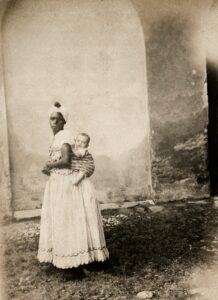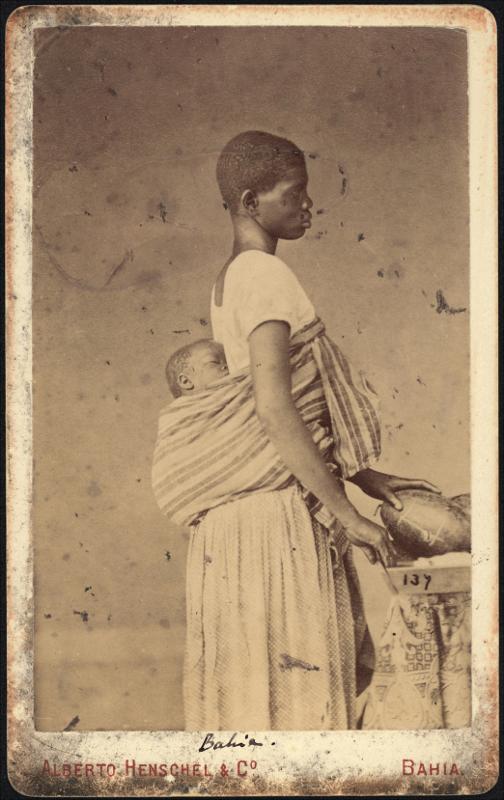Article Summary by Tiago Fernandes Maranhão

The paper explores how doctors in nineteenth-century Brazil viewed women’s roles, especially in terms of having and raising children. It looks at their ideas about pregnancy, breastfeeding, and the use of enslaved wet nurses during a time when the country was trying to modernize. It also examines issues like miscarriage and childcare, showing how doctors’ opinions influenced societal expectations of motherhood in Brazil. These views were important in shaping ideas about what a “modern” nation should be, linking race and women’s health. By looking at newspapers and medical writings, the paper reveals how concerns about reproduction, health risks, and national defense came together to form policies that controlled the bodies of both white and black women. Ultimately, the paper aims to contribute to a deeper understanding of how these issues influenced actions in reproductive health and national interests.
Read the article on the Medical Humanities journal website.

Public domain images sourced from the collection of Leibniz-Institut fuer Laenderkunde, Leipzig/ Instituto Moreira Salles.
Dr. Tiago Fernandes Maranhão, a Brazilian historian, specializes in exploring the interplay of social, political, and racial dynamics in Modern Brazil, alongside the histories of public health and physical education and sports. Prior to obtaining his Ph.D. from Vanderbilt University, Dr. Maranhão served as a college professor in his hometown of Recife for several years. Subsequently, he pursued postdoctoral positions, first as a faculty fellow at Tougaloo College (HBCU) in Mississippi, then as a Lecturer I at the University of Michigan. Currently, Dr. Maranhão holds the position of Assistant Professor at Loyola University New Orleans.
In addition to his academic roles, Dr. Maranhão leads the Transatlantic Bodies Project, a Digital Humanities initiative. This project aims to forge connections between the histories of the human body and the political, cultural, and intellectual developments in Brazil within the Atlantic World during the nineteenth and early twentieth centuries. Its overarching goal is to stimulate broad reflections on the intersections of biopower, public health, nationhood, and race. The project’s inaugural phase received full funding from the Mellon Partner in Humanities Education Program, a research grant provided by the Andrew W. Mellon Foundation.